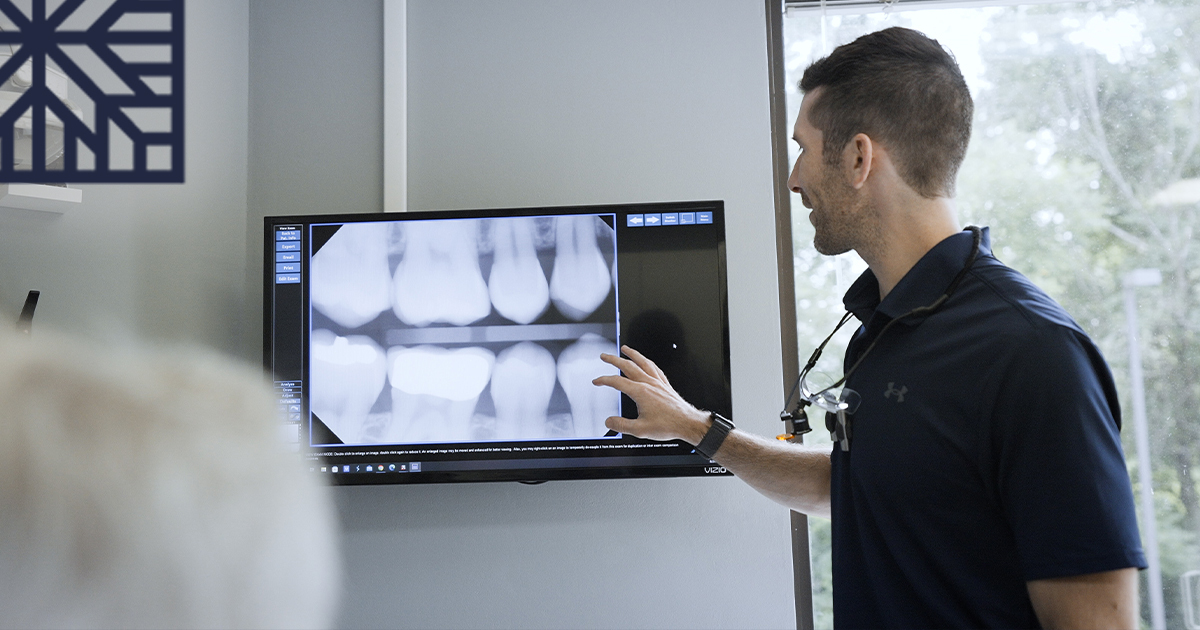Bruxism is the clinical term for chronic teeth grinding and jaw clenching. Daytime bruxism is most common, but nighttime bruxism is talked about and studied more. Many people affected by bruxism are entirely unaware of the issue because it happens subconsciously. They may only find out when their dentist sees the signs during an examination. If you suffer from daytime or nighttime bruxism, your oral health and overall well-being could pay a price. Continue reading to learn more.
Bruxism
If you involuntarily grind and clench your teeth during the day or at night, you likely have bruxism. Over time, the continuous pressure on your teeth and jaws can cause soreness, pain, oral health issues, and sleep disturbances. If you regularly grind and clench your teeth, it is possible that you are not aware since it happens subconsciously. Instead, you may experience the side effects and not understand why. Here are some signs you may need intervention:
- Chronic, unexplained headaches, jaw soreness, neck or shoulder pain
- Jaw soreness after eating a meal or chewing gum
- Sensitive teeth
- Cracked or chipped teeth not due to trauma
- Indentations on your tongue or raised tissue on your inner cheeks
- Loose teeth not caused by gum disease
Causes of Bruxism
While bruxism has been studied extensively, researchers have yet to find a definitive answer to why some people clench their teeth and others do not. The consensus is that stress and anxiety can play a role, as well as genetics, sleep habits, lifestyle choices, and TMJ disorders. People who use stimulants may be more prone to clenching their teeth. This includes caffeine, energy drinks, tobacco and nicotine products, some medications, and certain illicit substances.
What to Do if You Suspect Bruxism
Call us if you experience any of the side effects of bruxism or your partner has told you that you grind your teeth at night. We will schedule an appointment to examine your teeth and talk to you about your concerns. If we determine that you do have bruxism, we will devise a treatment plan to address the underlying cause, relieve your symptoms, and prevent additional damage to your teeth and mouth. In many cases, treatment is relatively straightforward and involves wearing a custom-fitted nightguard while sleeping. However, we must first determine the nature of your condition before recommending any type of treatment.
For more information and to request an appointment, please call our office located in North Huntingdon, PA. Let us help you get your oral health on track with a personalized treatment plan just for you. Call today!







